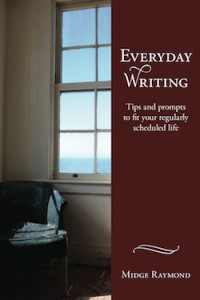 Last week, as I wrote in a post published yesterday on The Forward‘s “Arty Semite” blog, I attended
Last week, as I wrote in a post published yesterday on The Forward‘s “Arty Semite” blog, I attended
a panel with an intriguing title: “Contemporary Jewish-American Writing: What Has Changed?” Equally interesting, especially when attention is being paid to gender (in)equities in publishing, the panel proposed to discuss how women writers, in particular, have influenced the shifts. Although the event didn’t address all of its anticipated questions, it left me considering how my own recent reading in Jewish books — works whose content reflects an engagement with identifiably Jewish subjects, such as Jewish history, prayer, ritual, language and Israel — may reflect some of those shifts and changes.
Please go on over to The Arty Semite to keep reading.
 My Machberet is proud to serve as December 2012 host for the Jewish Book Carnival, “a monthly event where bloggers who blog about Jewish books can meet, read, and comment on each others’ posts. The posts are hosted on one of the participant’s sites on the 15th of each month.”
My Machberet is proud to serve as December 2012 host for the Jewish Book Carnival, “a monthly event where bloggers who blog about Jewish books can meet, read, and comment on each others’ posts. The posts are hosted on one of the participant’s sites on the 15th of each month.”

